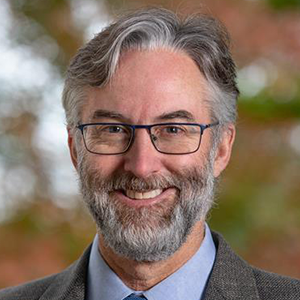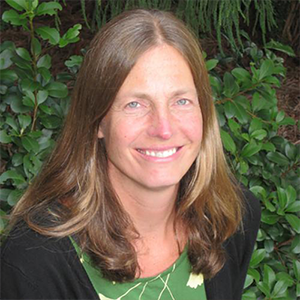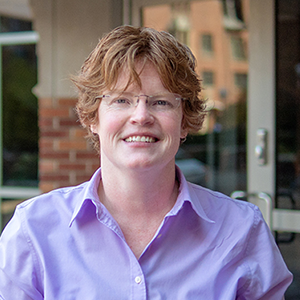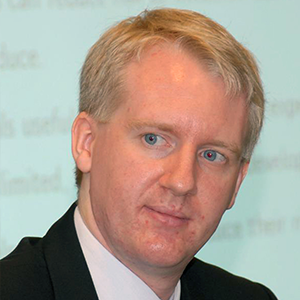
Jonathan Runstadler
Professor
Chair, Infectious Disease and Global Health Department
Cummings School of Veterinary Medicine
Tufts University
Lab website: The Runstadler Lab
Topic: Influenza and wildlife declines
Professor Runstadler joined the Department of Infectious Disease & Global Health in 2017. Working at the host-pathogen-environmental interface, the Runstadler laboratory studies how emerging virus, specifically influenza, is maintained, transmitted and evolves in reservoir or intermediate animal hosts. A major part of this work is directed at understanding how both host and viral factors may influence the risk of viral spillover into new hosts, including humans. Dr. Runstadler is working with collaborators to bridge the gap between studies of disease surveillance and disease ecology with a molecular and comparative understanding of pathogenesis, immune response and evolution. Our current research is particularly focused on understanding genotype-phenotype relationships of the influenza virus, the role of diverse hosts and environments, and the interspecies movement of virus to the emergence of disease in new populations. Prior to joining the faculty at the Cummings School, Dr. Runstadler was a faculty member at both the University of Alaska Fairbanks with the Institute of Arctic Biology and the Massachusetts Institute of Technology in the Division of Comparative Medicine. Dr. Runstadler received an undergraduate degree from Stanford University and his DVM and PhD in Genetics from the University of California, Davis. Prior to beginning his own lab at UAF, Dr. Runstadler was a postdoctoral fellow in the Center for Companion Animal Health under Dr. Neils Pedersen at the University of California, Davis.










